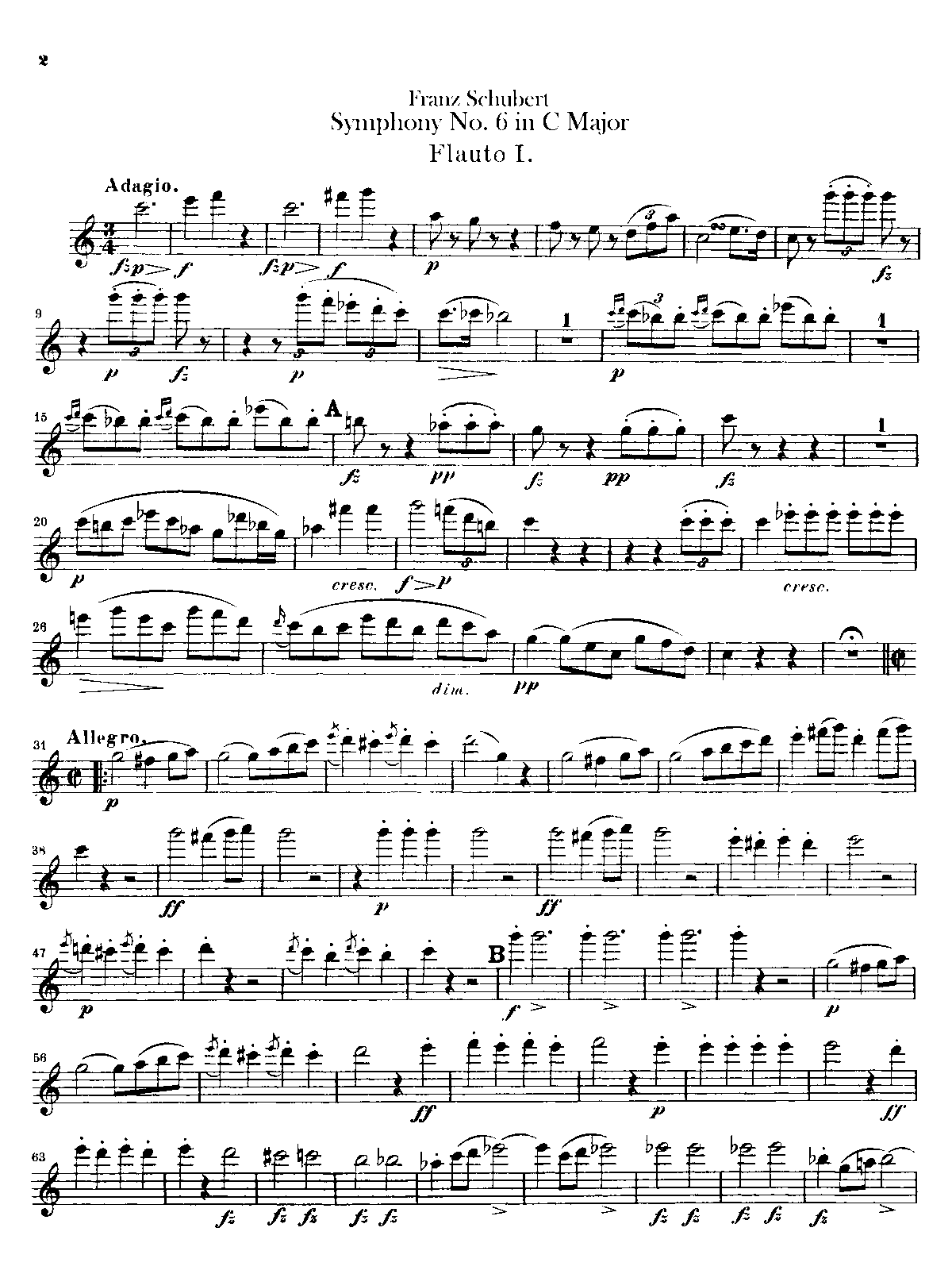

Schubert was not only busy with teaching, but also with socializing.

“…the likes of us scholastic beasts of burden are abandoned to all the roughness of wild youngsters and exposed to a host of abuses, not to mention that we are subjected to the further humiliation of an ungrateful public and a lot of dunderheaded bigwigs.” Schubert’s older brother Ignaz, who also worked at the school, later painted a vivid picture of their shared vicissitudes: His father insisted that Schubert earn his keep by teaching kindergarten-aged students at the school he ran, a task to which Schubert was ill-suited according to a number of his friends and acquaintances. After dropping out of school to focus on music at age 16, his stern and patriarchal father, a school master, was not entirely supportive. That Schubert found time for so much composition, however, is even more extraordinary.

Franz Schubert, as depicted by Wilhelm August Rieder in 1825. He composed approximately 200 compositions, including a mass, various other sacred choral works, his Fourth and Fifth Symphonies, an overture, two concertante works for violin and orchestra, at least two string quartets, three violin sonatas, various other chamber works, two piano sonatas, numerous dances and dozens of songs.


 0 kommentar(er)
0 kommentar(er)
